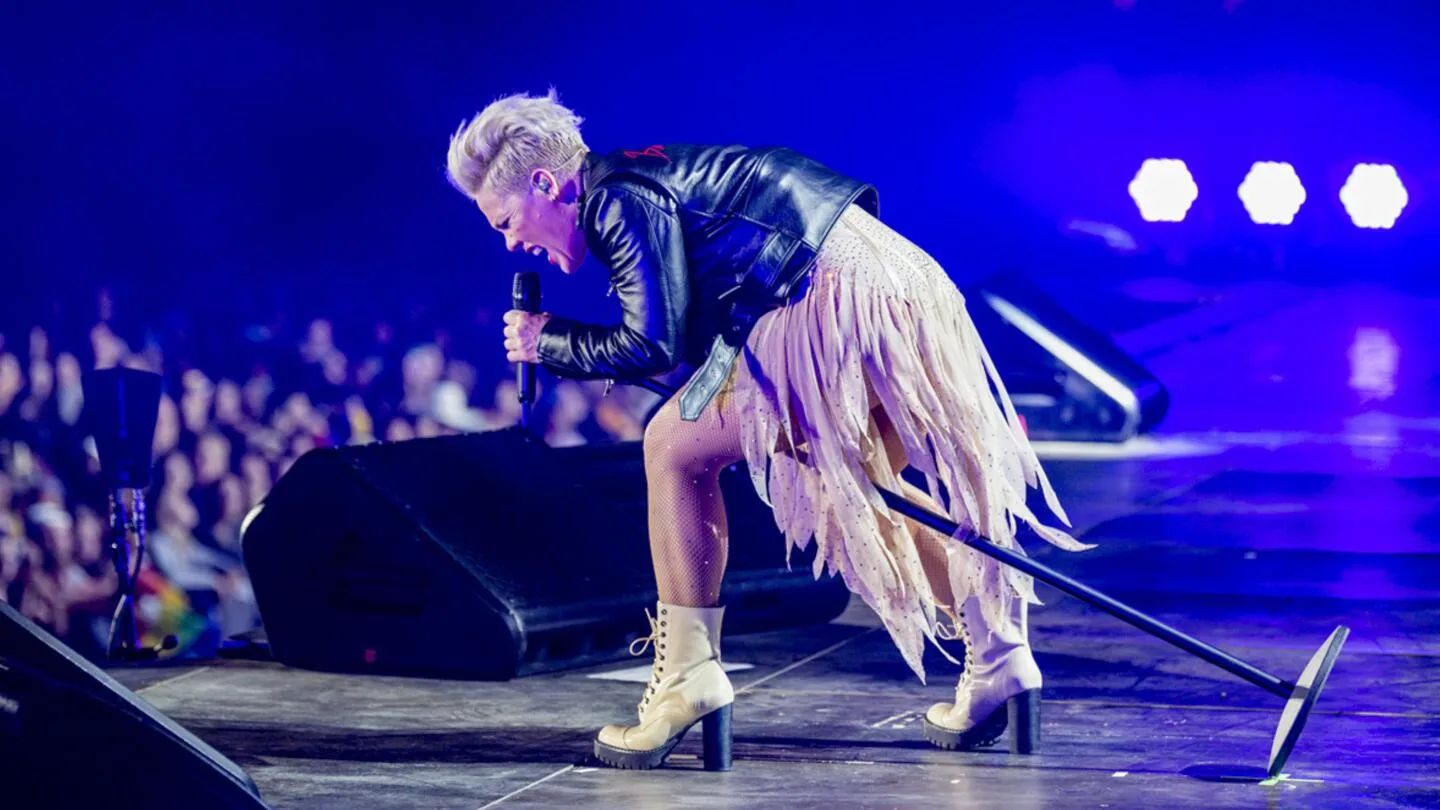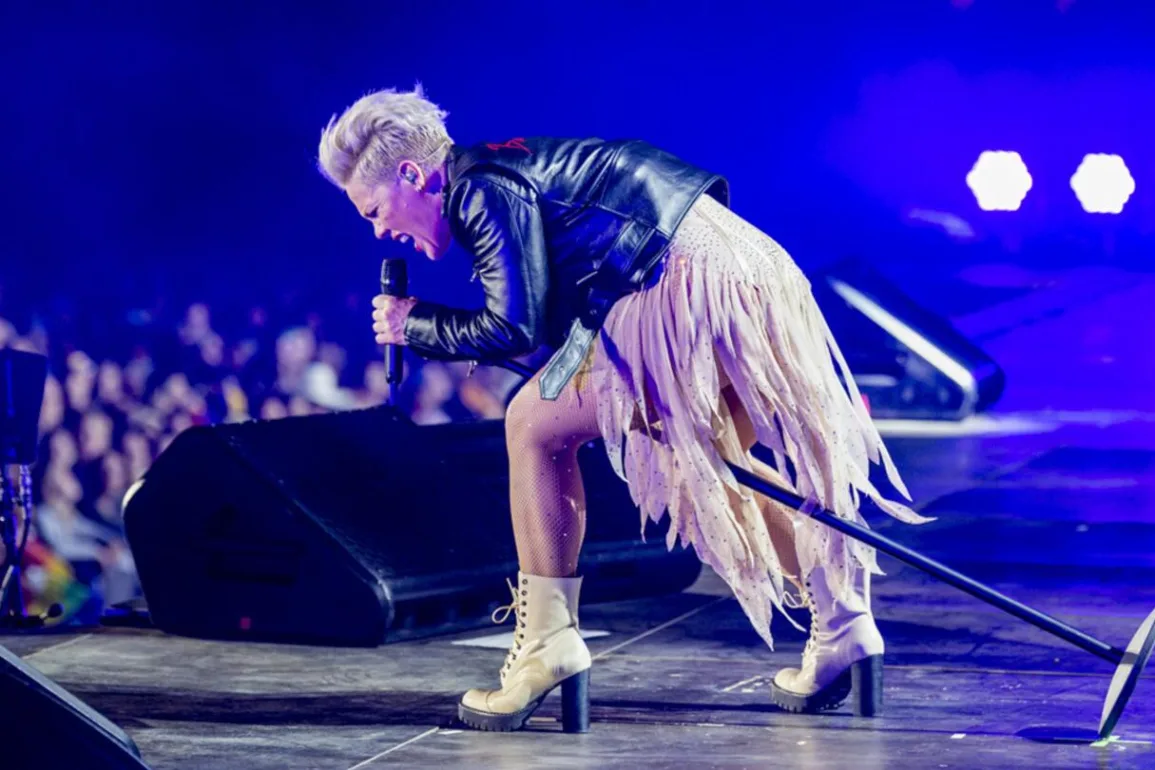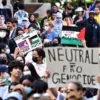
If you live in Florida and aren’t a fan of censorship, raise your glass to Pink.
The pop star and mother of two will be handing out 2,000 copies of four banned books during a leg of her tour this week in the Sunshine State.
She’s doing it in collaboration with PEN America, which has opposed school book bans throughout Florida in both the public square and in court.
“Books have held a special joy for me from the time I was a child, and that is why I am unwilling to stand by and watch while books are banned by schools,” said Pink, whose real name Alecia Hart.
“It’s especially hateful to see authorities take aim at books about race and racism and against LGBTQ authors and those of color. We have made so many strides toward equality in this country and no one should want to see this progress reversed. This is why I am supporting PEN America in its work and why I agree with them: no more banned books.”
The giveaways will take place at Pink’s concert stops in Miami and Sunrise Nov. 14-15. All four books — “The Family Book” by Todd Parr, “The Hill We Climb” by Amanda Gorman, “Beloved” by Toni Morrison and a book from “Girls Who Code,” founded by Resha Saujani — have appeared on PEN’s Index of School Book Bans.
Florida is now the No. 1 state for keeping books out of students’ hands, according to PEN, which counted more than 1,400 pulled from school shelves in 33 of the state’s 67 counties between July 2022 and June 0223.
The tally, PEN said, accounts for 40% of all the restricted books nationwide.
PEN America CEO Suzanne Nossel said her organization is “thrilled” to be working with Pink “on this important cause.”
“Every child deserves access to literature that reflects their lives,” she said in a statement. “Rampant censorship is depriving kids of the chance to see themselves in books and learn about the world and its history.”
Gov. Ron DeSantis and state officials have repeatedly called the notion that books are being banned in the state “a hoax” perpetrated by forces trying to “indoctrinate” children. During a news conference in March, DeSantis’ office played a video showing some of the content in question that was so explicit at least one local news channel cut away. X briefly placed a “sensitive content” label on clips on the social media platform.
DeSantis has argued restricting student access to books in school does not qualify as an outright ban. “In Florida,” he said, “pornographic and inappropriate materials that have been snuck into our classrooms and libraries to sexualize our students violate our state education standards.”
Of note, none of the books whose content DeSantis highlighted as obscene — “Gender Queer” by Maia Kobabe, “Flamer” by Mike Curato, “This Book is Gay” by Juno Dawson and “Let’s Talk About It” by Erika Moen and Matthew Nolan — are among the texts Pink will distribute.
Other books widely considered historically and artistically important have also been removed from classrooms and school libraries, including Anne Frank’s “The Diary of a Young Girl” and “The Kite Runner” by Khaled Hosseini.
It’s become easier to block student access to books in Florida due to an expansion of the state’s Parental Rights in Education law this year. Among other things, the broadened law extended restrictions on LGBTQ-inclusive instruction through all public-school grade levels and enabled residents, regardless of whether they are parents, to issue challenges requiring the removal of books from school shelves until further review.
Critics, including underpowered Democrats in the Legislature, have pointed out that the experience of people of color has been disproportionately represented among the books challenged, such as “Dim Sum for Everyone,” a picture book about Chinese cuisine.
Meanwhile, the state’s updated K-12 curriculum includes new guidance for African American history, including that lessons on the pre-Civil War era teach “how slaves developed skills which, in some instances, could be applied for their personal benefit.”
___
Anne Geggis of Florida Politics contributed to this report.
Post Views: 0



